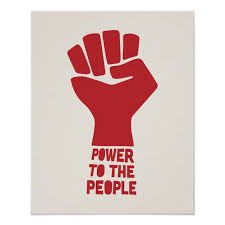In The Poorer Nations: A Possible History of the Global South (2012, 2014), the celebrated leftist intellectual Vijay Prashad expresses the hope that platforms for regionalization will emerge from a million protests, making possible a transition from unilateral imperialism to a multilateral world order. This is an idealist hope, in that it does not have possibilities for emerging, taking into account the lack of ideological coherence as well as the absence of historical and political-economic understanding in the million protests. Prashad must resort to idealism due to his belief that the Third World project died in the 1980s, an erroneous belief which he presented in the book that brought him recognition, The Darker Nations (2007).
In both books, Prashad rejects the mechanisms of power that have been central to the continued viability of nations that today are constructing socialism and/or are playing leading roles in the Third World project. In 2007, Prashad criticized…


